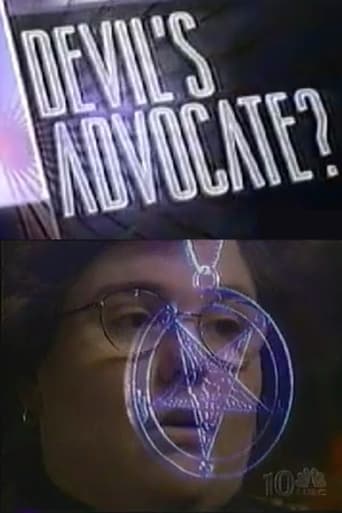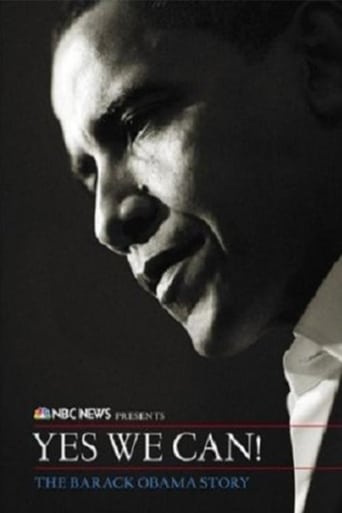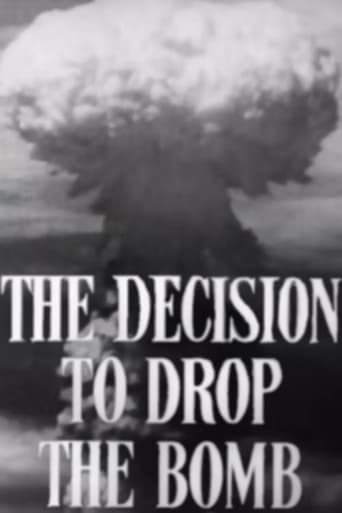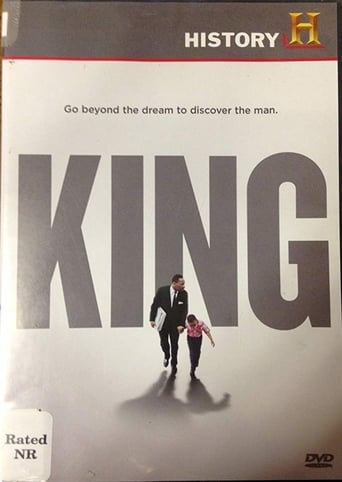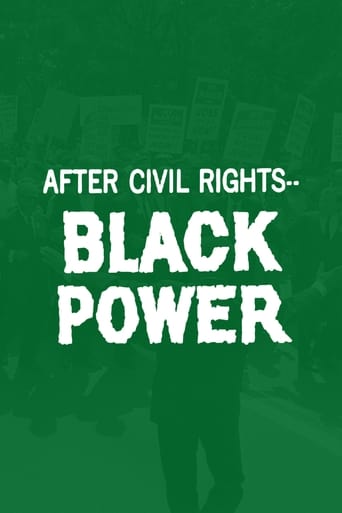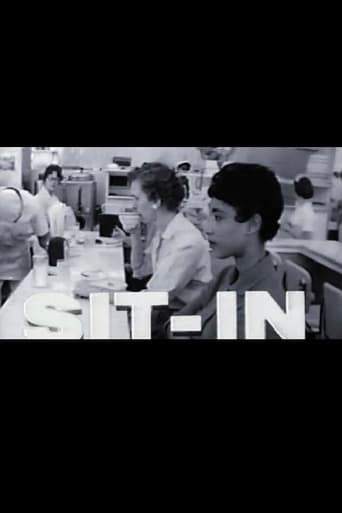Devil's Advocate? 1999
Dateline's coverage of the lawsuit by Patty Burgus and family against Bennett Braun, director of the Dissociative Disorder's Unit at Rush Presbyterian St. Lukes in Chicago. Oct 1998. This is the story of the foundational works which constitute the current theory of Dissociative Identity Disorder/ Multiple Personality Disorder. This was the first Dissociative Disorder's Unit in the United States. All subsequent units specializing in Multiple Personality Disorder/ Dissociative Identity Disorders have been modeled after it. After having his license suspended in Illinois, Dr. Braun has resumed practice in Butte, Montana. Despite the malpractice payments paid by insurance on his behalf as well, Dr. Kluft remains in practice and continues to give training lectures on the treatment of MPD/DID to large audiences of mental health practitioners.
